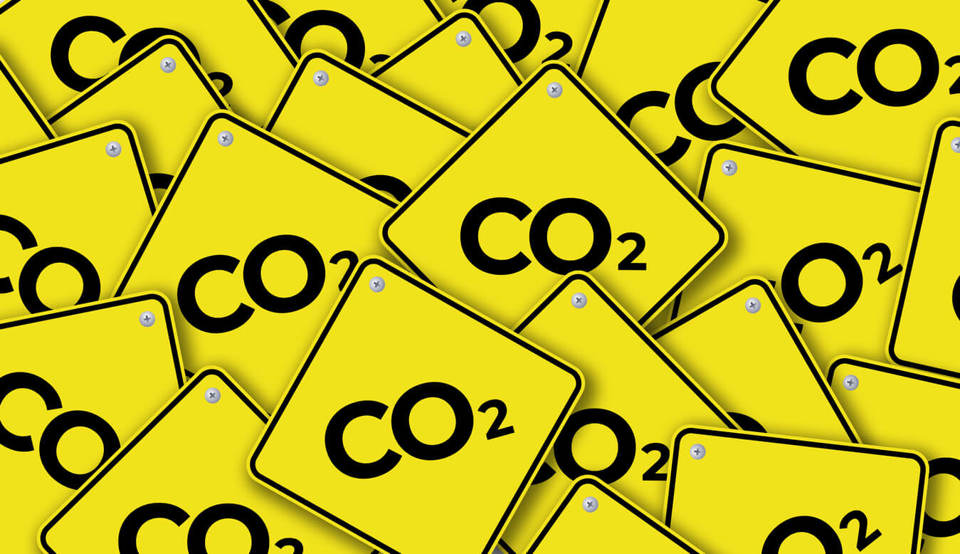Two major UK fleets have said that replacing vehicles with low-emission equivalents, while effective at reducing fleet carbon emissions, can prove prohibitively expensive.
They also said that driver training and the effective use of telematics can prove to be cheaper ways of cutting fleet emissions.
Tony Shaw group procurement manager at the Royal Mail, which runs a fleet of 33,200 vehicles producing some 992m tonnes of CO2 annually, said the capital cost of acquiring low and zero-emitting commercial vehicles was enough to deter many fleets.
It has been trialling low and zero-emission vehicles but found the cost of such technology is still prohibitive.
“The capital costs for 10 hybrid and six electric vans was £350,000,” he said. “And this was even with Cenex support.”
Cenex – the centre for excellence for low carbon and fuel cell technologies - is a not-for-profit industry-led body established to encourage the early adoption of low and zero carbon technology.
It knows fleets will be among the early adopters of such technology and has been working with them to gather valuable real-world data on how such vehicles perform.
Therefore it began a series of trials with fleets, including the Royal Mail.
Speaking to fleet managers at a recent Cenex event, Shaw said the Royal Mail had set itself some “aspirational but naive” carbon reduction targets. Acting on these, the publically-owned company investigated ways to cut its transport emissions.
While it has cut emissions, Shaw said that rather than the 9.8% reduction in fleet emissions being down to low-emission vehicles, the majority has been achieved through training drivers in eco-driving methods and fitting telematics to its entire HGV fleet and one-third of its van fleet.
“Most of these savings have been down to telemetry and training,” he said, adding that fleets considering adopting new low-emission technology vehicles should “go in with your eyes wide open, it is going to be a bumpy ride”.
Meanwhile, Coca Cola Enterprise fleet manager Darren O’Donnell, said the company could save some 14,200kg through driver training and telematic route planning.
O’Donnell’s fleet is currently trialling a biomethane-powered truck in a bid to reduce transport emissions.
The trial has shown that the capital cost of the Iveco vehicle is 57% higher than a diesel equivalent and its residual values are some 26% lower. Maintenance costs are also up 6%. However, fuel costs are 1.5% lower, congestion charges are zero and CO2 emissions are down 53% and NoX emissions are down 80%.
Overall, the cost of running the bio-methane truck is 17.5% higher than running a diesel equivalent.
The fleet managers’ views on the benefits of driver training were backed by comments by professor Julia King, the author of the influential King Report that the previous government used to set the agenda for decarbonising transport.
Professor King said the Committee on Climate Change, of which she is vice chair, had recommended to Government that training motorists in eco-driving techniques could significantly reduce carbon emissions. The committee had recommended that four million drivers should have been given this training by the end of the year.
“But progress has not been fast enough – there has not been enough eco-training,” she said. “The Government needs to do better.”
She also said that enforcing the speed limit on motorways could cut carbon emissions by some 1.4 million tonnes.
For more on co2 emissions, come to the Fleet News co2 section.

















adamrollins - 05/10/2010 11:33
The use of low emission vehicles can be seen as a long term solution that definitely will filter into all fleets through the progress of technology and time. For now,if technological advances are unserviceable in any particular fleet for whatever reason, but especially for economic reasons, then the premature adoption of the technology will prove to be counter-productive as vehicle life-cycles are shortened. In the meantime it is essential that ecologically sound principals are applied to fleet behaviour. Whether this is a solution involving telematics in commercial vehicles, or a combination of driver training, mileage optimisation, etc in commercial and all other vehicles. Part of the solution in itself can be found in MIDAS FMS. A verified mileage claiming system will ensure that drivers are logging optimised business mileage resulting in reduced costs both financially and environmentally. Reporting within the system ensures individual driver behaviour can be monitored in terms of economic and emissions performance; measurement is an essential component to ensure other tactics such as driver training are giving the desired result. Adopting proper measurement and monitoring is a far cheaper, lower tech solution that will provide huge benefits. Adam Rollins. Business Development Manager. Midas FMS. www.midas-fms.com